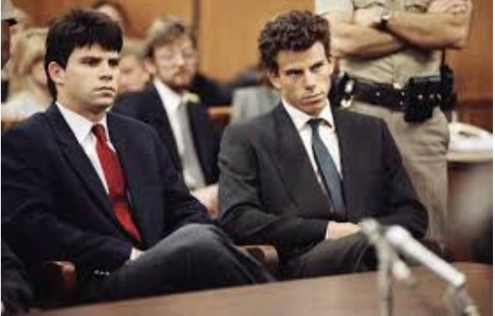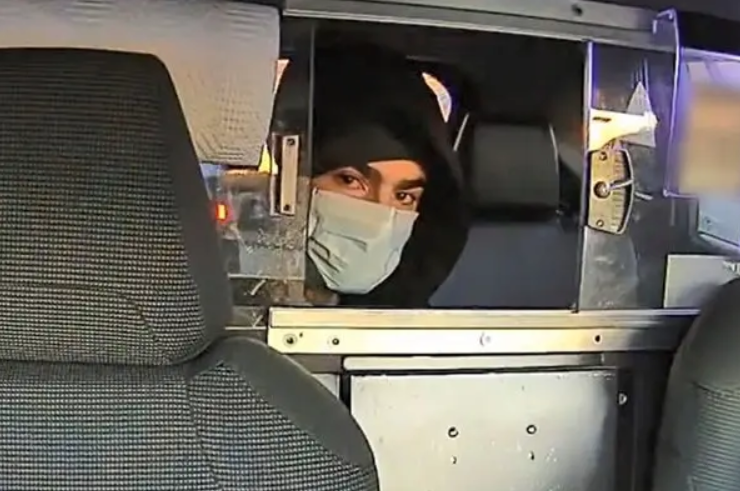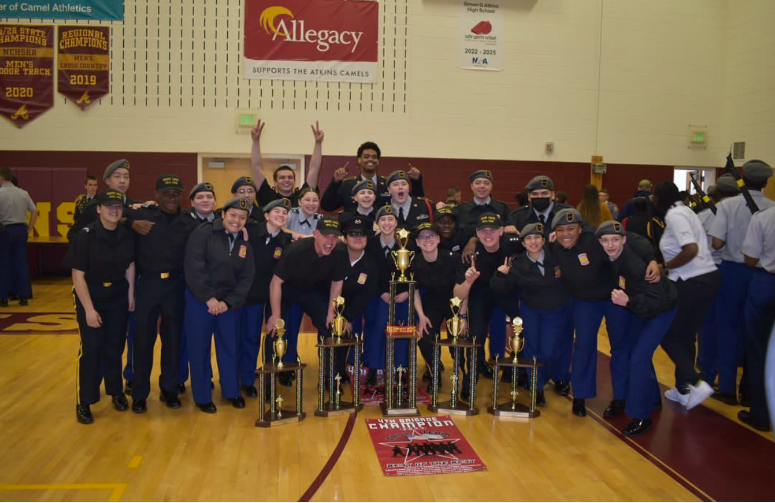The Students for Equality and Social Action, also known as SESA, is a club made up of young activists who voice their views about social issues through peaceful actions.
One of the issues discussed by the group is the closure of Guantanamo Bay.
“I believe Guantanamo Bay is an evil institution,” said SESA co-chair junior Matt Dopsovic. “It is devised by oppressive government to contain threats to National Security in order to rally people behind unjust wars.”
Guantanamo Bay, often referred to as “Gitmo,” is the oldest United States Naval Base overseas. The government leased the 45 square miles from Cuba in December 1903, creating the only US military base in a communist country.
After Sept. 11 and the American invasion of Afghanistan, prisoners deemed supporters or members of al Qaeda were transported to Guantanamo Bay.
By 2002, Guantanamo Bay transformed into a central prison for illegal enemy combatants, many arrests are accredited to President George W. Bush’s “war on terror.”
Captured by US forces in the Middle East, Muslim militants and suspected terrorists are housed in Guantanamo. Of the 779 people detained at the military prison, 171 remain today—subject to harsh conditions without rights.
Recently, SESA sponsored an after-school event to raise awareness for Guantanamo Bay.
“We are still trying to raise awareness,” said SESA co-chair sophomore Olivia Vita. “We will try to petition people in position of power.”
Led by social injustice activist Judith Kelly, the event educated attendees on the significance of Guantanamo Bay and the impact on lives of prisoners and their families.
“People are detained based on racial profiling and being at the wrong place at the wrong time,” said Vita. “They are tortured and kept away from their homeland for absolutely no reason.”
No detainee has been able to leave in the past year due to new government restrictions on transfers.
“It is a concentration camp run by our country,” said Kelly.
Shackled to the floors, living in solitary confinement, and frequently tortured, prisoners dress in orange jumpsuits- the same outfit donned by Kelly.
“I enjoyed how Judith Kelly dressed in the same attire the prisoners wear,” said SESA member junior Anna Pleskow. “It demonstrated her strong belief in the cause.”
As President Obama has not kept his promise to close Guantanamo Bay, students like those of SESA continue to press the issue.
“Guantanamo Bay is something we need to be aware of and stop,” said Dopsovic. “The same liberties and freedoms we are entitled to in this country should be extended to our prisoners.”
Jan. 11, 2012 marked the prison’s ten year anniversary since the first “war on terror” prisoners arrived at Guantanamo Bay in 2002.
“Guantanamo Bay is one big shame on our country,” said Kelly. “It should not exist.”
Activists, like Kelly, consider Jan. 11 a national day of shame and commemorated the day through a series of non-violent actions.
“Make sure you understand Guantanamo Bay is more than just a prison,” said Dopsovic, “it is a symbol of distrust and oppression.”



















